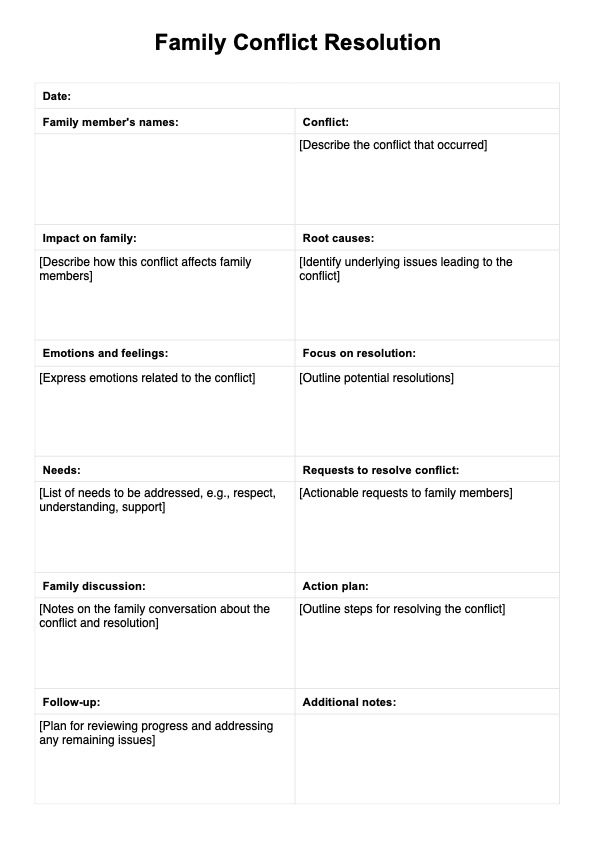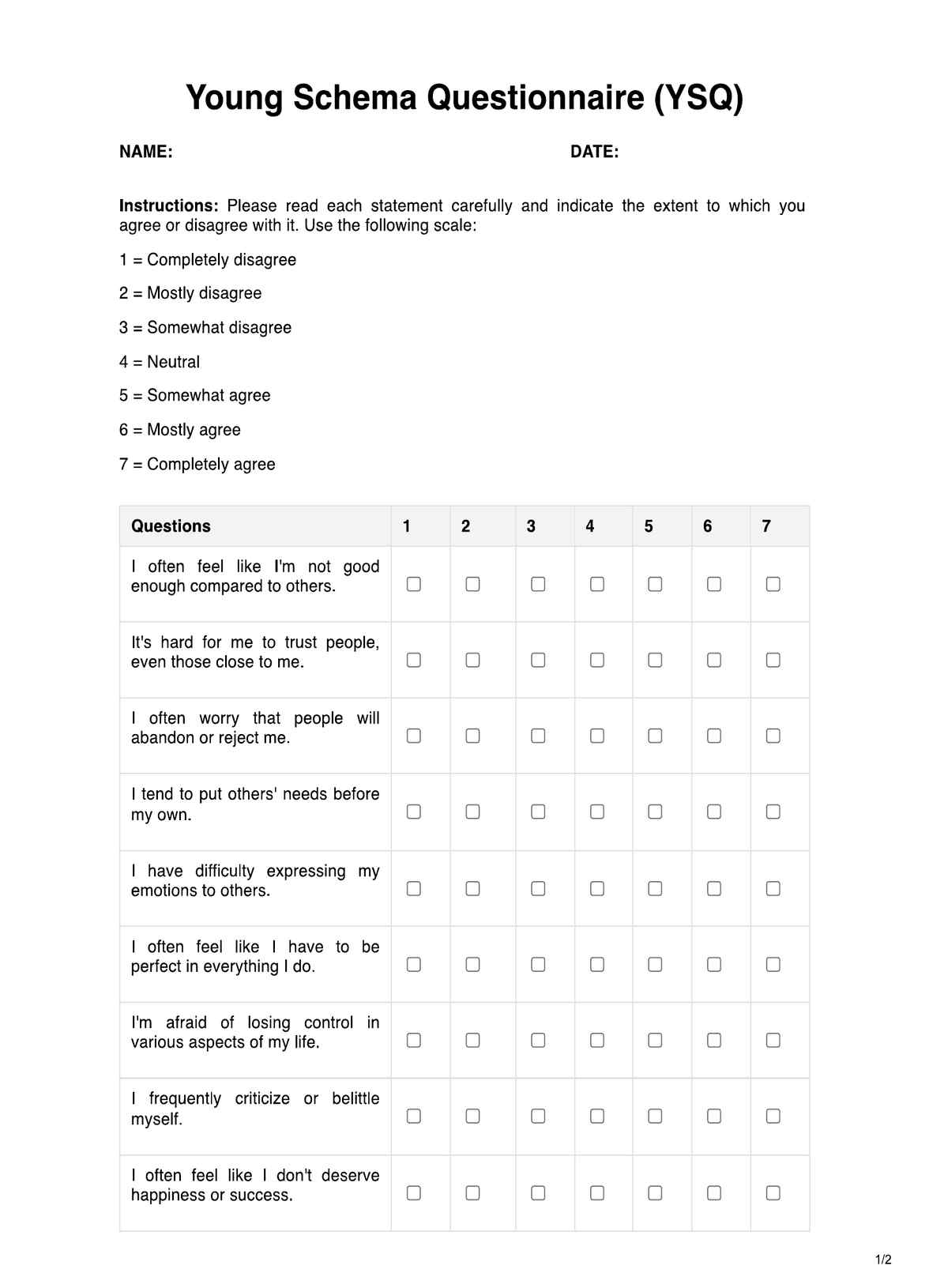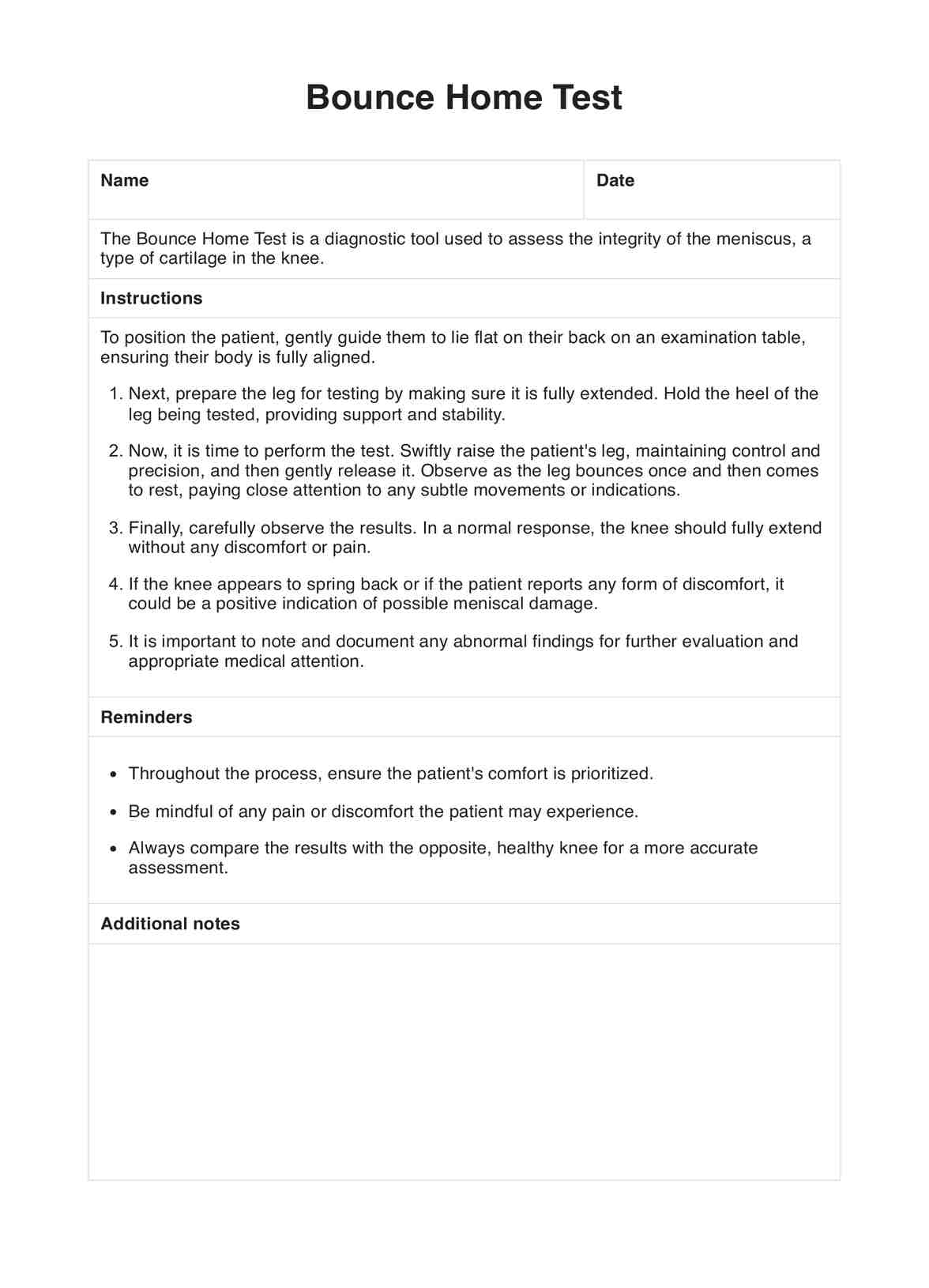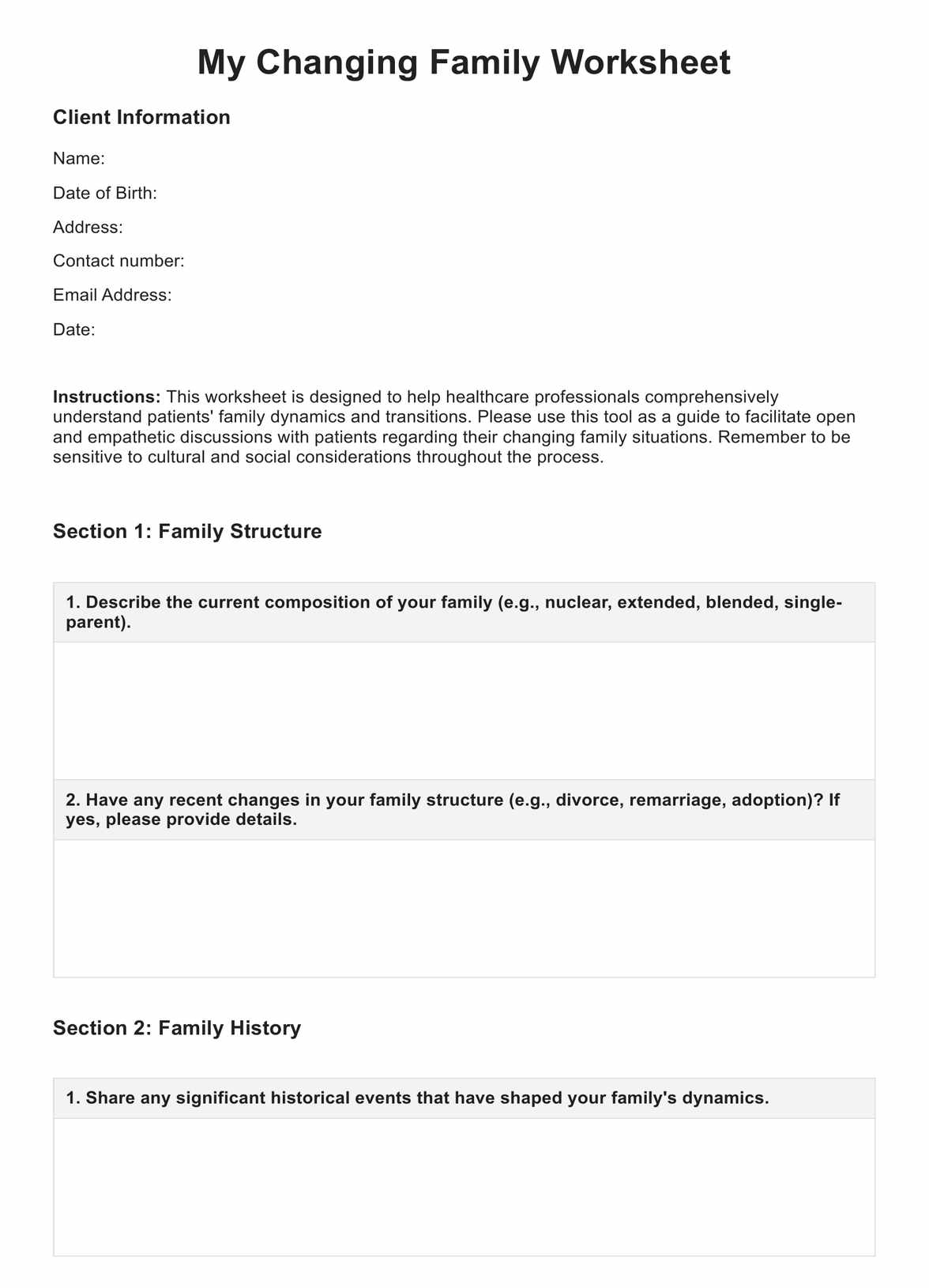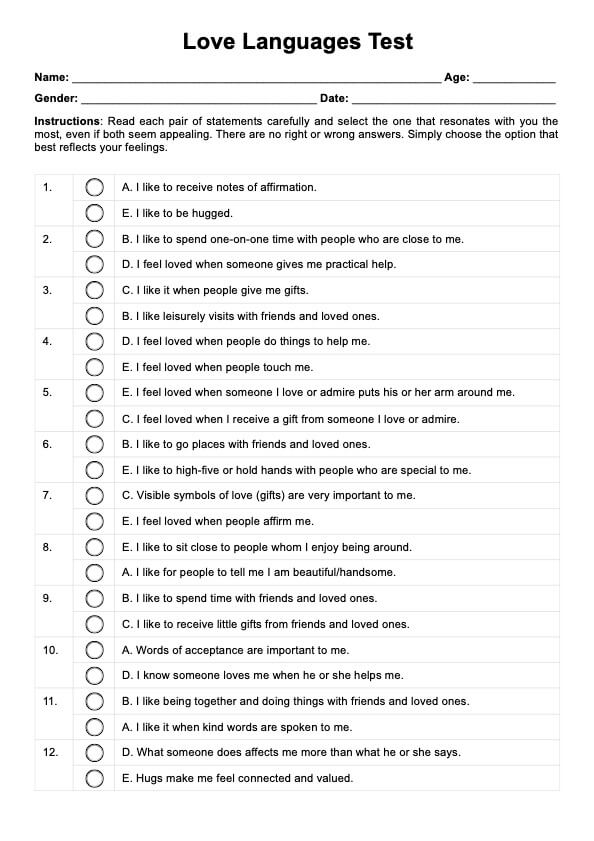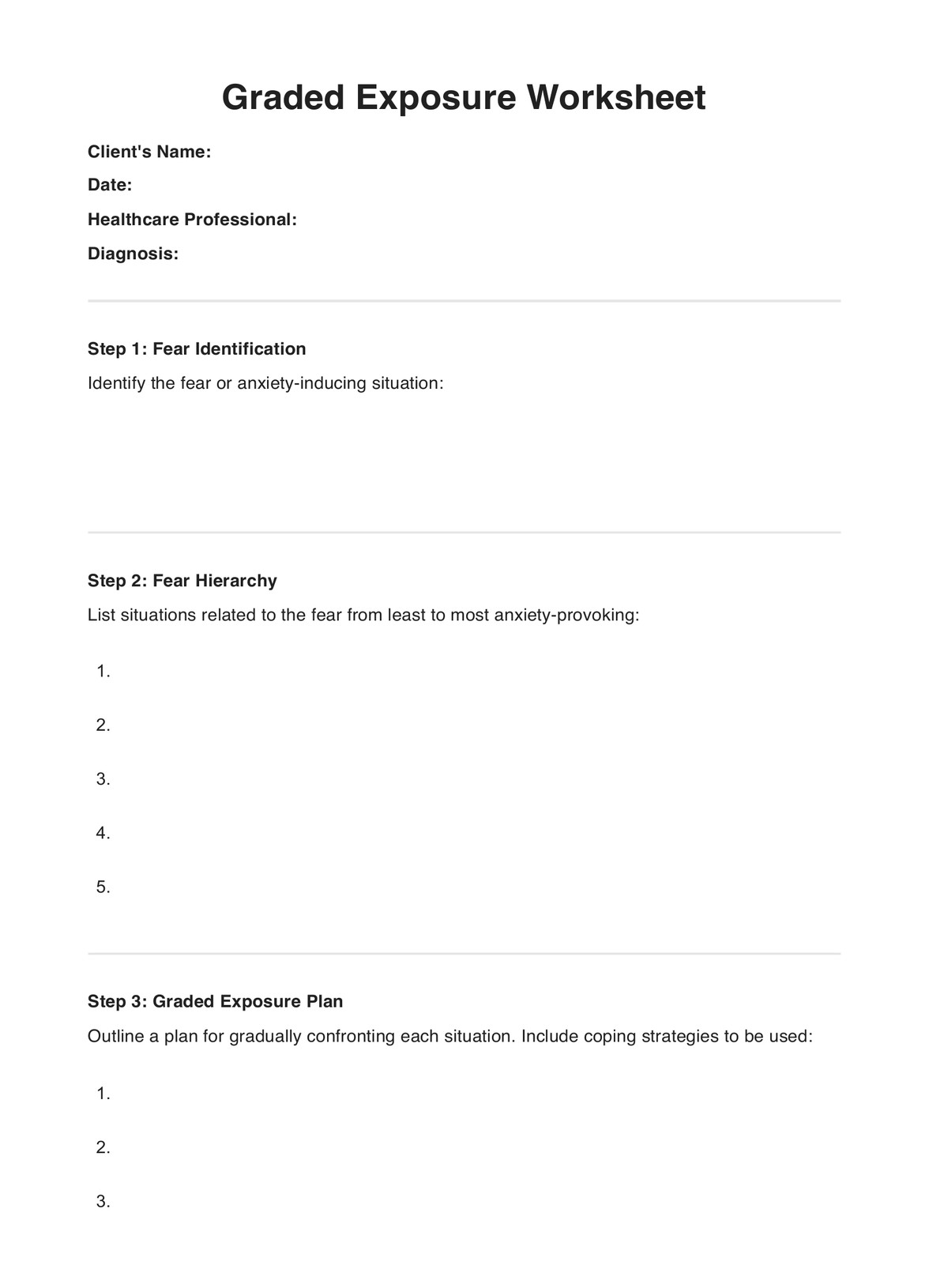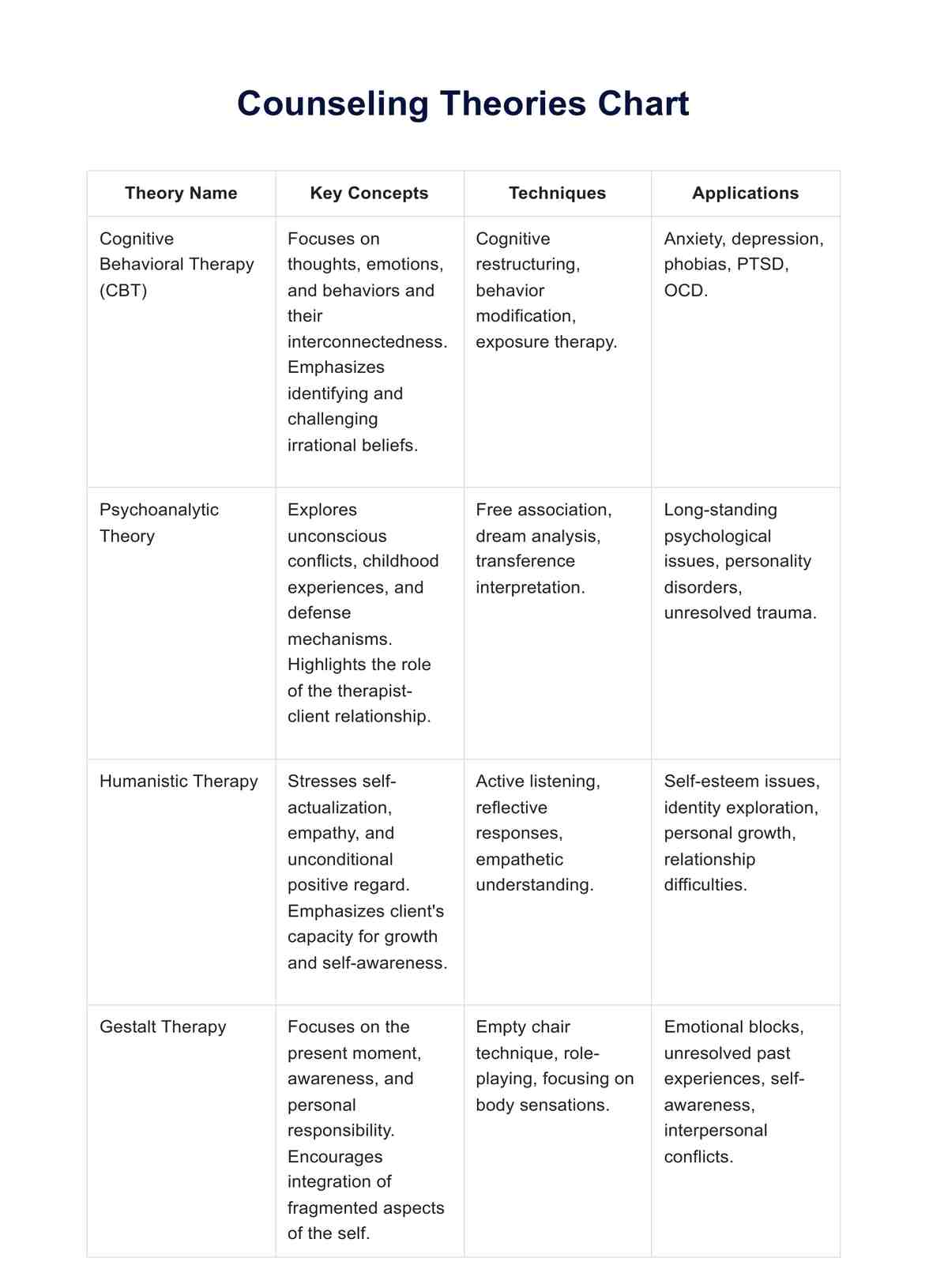Family Therapy Treatment Plans
Download our free Family Therapy Treatment Plan PDF template and easily create customized treatment plans for your clients.


What is a Family Therapy Treatment Plan?
A Family Therapy Treatment Plan is a structured plan that aims to address the challenges families face in a therapeutic setting. The content of the plan typically includes identifying issues and goals and developing interventions to support positive change. The plan is a guide toward improved communication, enhanced relationships, and healthy functioning within families. The process involves working with a trained family therapist who facilitates the exploration and resolution of issues while providing tools and strategies for ongoing support and growth. The end goal of this is to strengthen the family unit and improve individual and collective well-being.
During family therapy, a family unit or close relationship and a clinical psychologist participate in therapeutic sessions. Family members can communicate with the psychologist and one another in a safe setting during sessions. Also, to support a healthy family structure, they work on resolving interpersonal conflicts and acquiring new, beneficial skills.
The therapy offers emotional support for navigating life changes, such as moving, health challenges, or grief, and addressing family conflicts. Moreover, family therapy aims to involve multiple members in treating mental or behavioral disorders. For example, a family member has anorexia, and the sessions can help other members improve understanding and cooperation. This process strengthens family dynamics while fostering individual healing and overall well-being.
Family Therapy Treatment Plans Template
Family Therapy Treatment Plans Example
How to use this Family Therapy Treatment Plan
Using this Family Therapy Treatment Plan is easy. Here are four steps to follow:
Step 1: Download the Family Therapy Treatment Plan
You can access the treatment plan from this guide. Click "Use template" to open it within the Carepatron platform, where you can customize this tool according to your needs. You can also click "Download" to get a free fillable PDF copy of this form. When you toggle to "Example PDF," you will see a Family Therapy Treatment Plan example for your reference.
Step 2: Gather information
Start by gathering detailed information about the family's history and current circumstances to understand their background and dynamics. Next, identify specific problems the family is facing, such as communication challenges, unresolved conflicts, or mental health concerns. This helps create a clear picture of the issues to address during therapy.
Step 3: Set treatment goals and choose interventions
Once the problems have been identified, set specific and measurable goals for the family. Choose interventions that will help the family achieve their treatment goals. You may assign tasks to each family member to help them achieve the treatment goals.
Step 4: Evaluate progress and document regularly
Schedule regular therapy sessions with the family to track their progress and adjust the treatment plan as needed. During these sessions, evaluate their advancement toward treatment goals and address any challenges. If progress is slow or stagnant, consider revising the plan or introducing new interventions to support the family's needs better.
When would you use a treatment plan for family therapy?
A variety of mental health conditions that affect the entire family system can be effectively treated using Family Therapy Treatment Plans. Here are some instances when Family Therapy Treatment Plans can be used:
Family conflict
When there is a lot of stress, conflict, or miscommunication within the family, family counseling may be beneficial. It can support healthy relationships, assist family members in identifying underlying problems, and enhance communication and problem-solving abilities.
Parent-child relationship issues
Family counseling may be helpful when there are issues with the parent-child relationship, such as difficulty setting boundaries or communication breakdowns. This kind of therapy helps foster better relationships between parents and kids and a greater comprehension of one another.
Behavioral or emotional problems in children
Family counseling may be helpful when children struggle with behavioral or emotional issues. This strategy can help teach parents and children new communication skills and foster cooperative problem-solving.
Substance abuse or addiction
Addiction treatment may sometimes include family counseling. The nature of addiction can be better understood, enabling behaviors can be recognized, and constructive coping mechanisms can be developed.
Chronic illness or disability
Family therapy can benefit a family member coping with a chronic disease or disability. It can assist family members in adjusting to the difficulties and changes brought on by these disorders and developing coping mechanisms to reduce stress and enhance the quality of life.
Benefits of a free Family Therapy Treatment Plan template
The Family Therapy Treatment Plan is designed for mental health professionals trained in family therapy, including licensed marriage and family therapists, licensed professional counselors, clinical social workers, and psychologists. Here's how it can benefit you:
It structures family therapy sessions
A treatment plan structures therapy, helps you organize sessions, and tracks progress. It ensures all essential topics are covered, and goals are achieved efficiently.
It promotes consistency in care
Using a treatment plan ensures every client gets the same quality care, even if they switch counselors or attend group therapy. This consistency helps maintain trust and continuity throughout treatment.
It outlines clear goals
A treatment plan template makes therapy goals and objectives clear for both you and your client. This promotes better communication and encourages clients to participate actively in their healing journey.
It saves you time
Creating a plan from scratch can be time-consuming, especially for counselors new to family therapy. A ready-to-use template allows you to focus on delivering quality care without spending extra time on preparation.
It strengthens accountability
A treatment plan keeps you accountable to your clients and yourself by setting clear goals and tracking progress. This ensures you deliver the best care and help clients move toward positive outcomes.
Commonly asked questions
Goals should be based on the family's specific needs and challenges, as identified through the assessment process.
Yes, the treatment plan may be used as documentation for insurance billing or other reimbursement purposes.
Systemic family therapy (SFT) focuses on family relationships, viewing the family as a system of interconnected individuals. It uses a "systemic" framework to understand how individuals function as a group and how their interactions serve the system's purposes.
Strategic family therapy focuses on resolving specific problems by influencing family interactions and creating strategies for change. Structural family therapy emphasizes understanding and reorganizing the family's structure, roles, and boundaries to improve functioning.


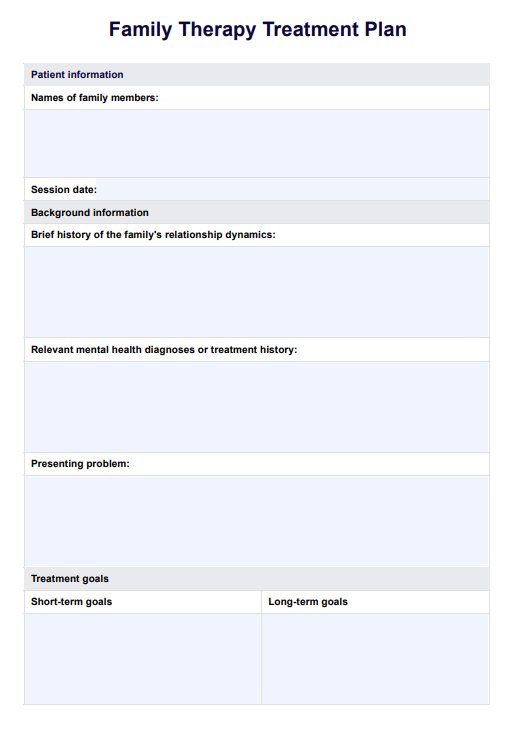
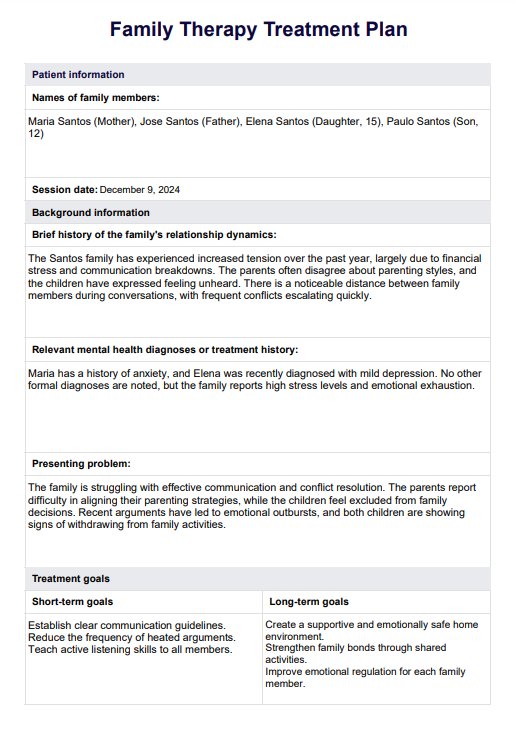

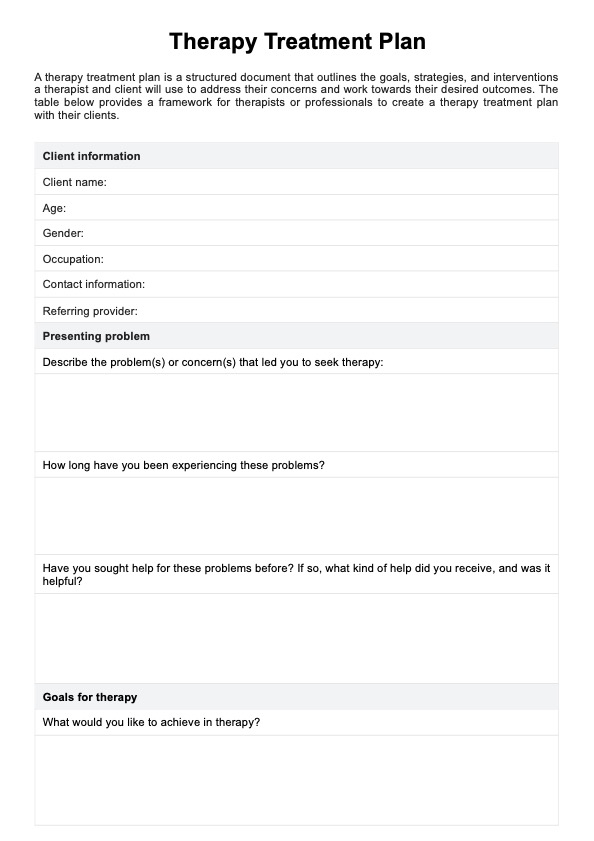


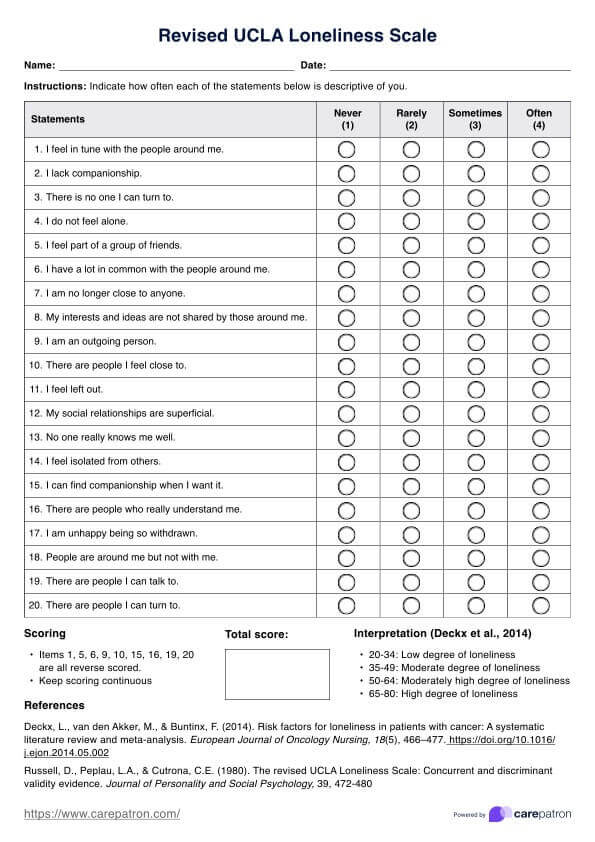










-template.jpg)















































































